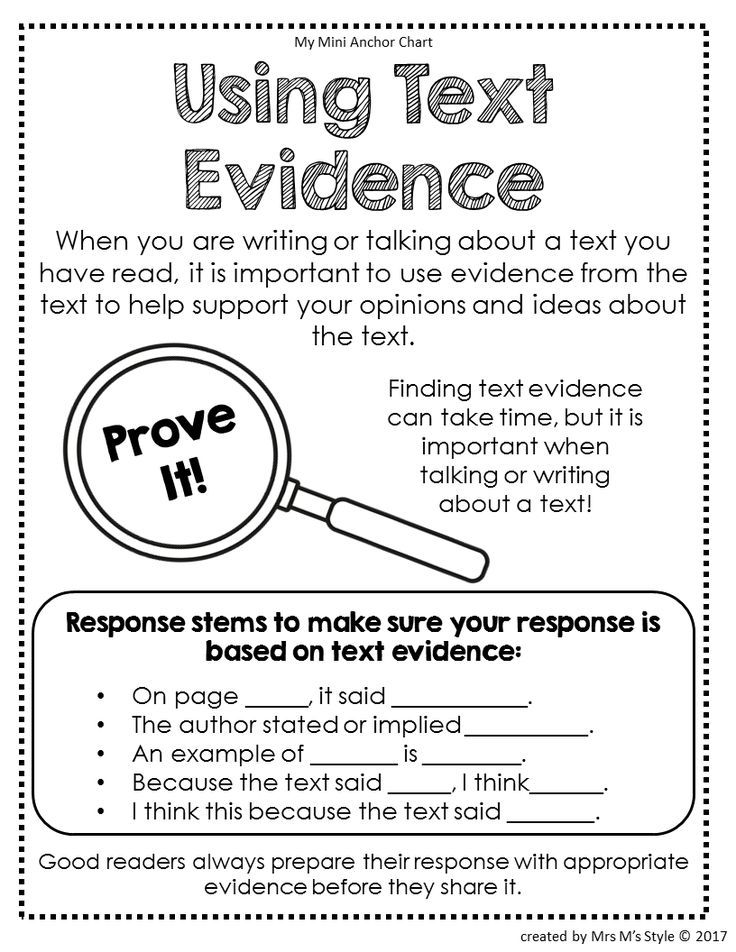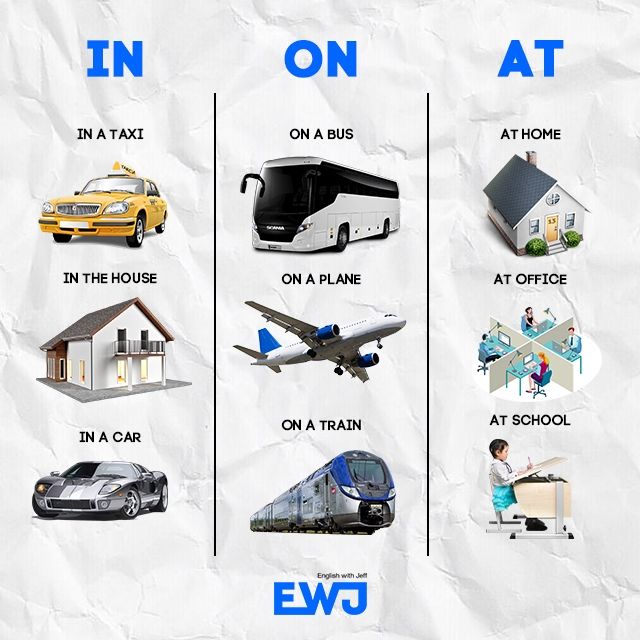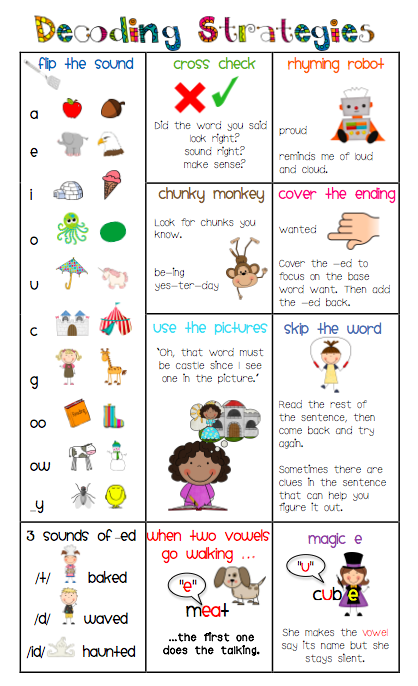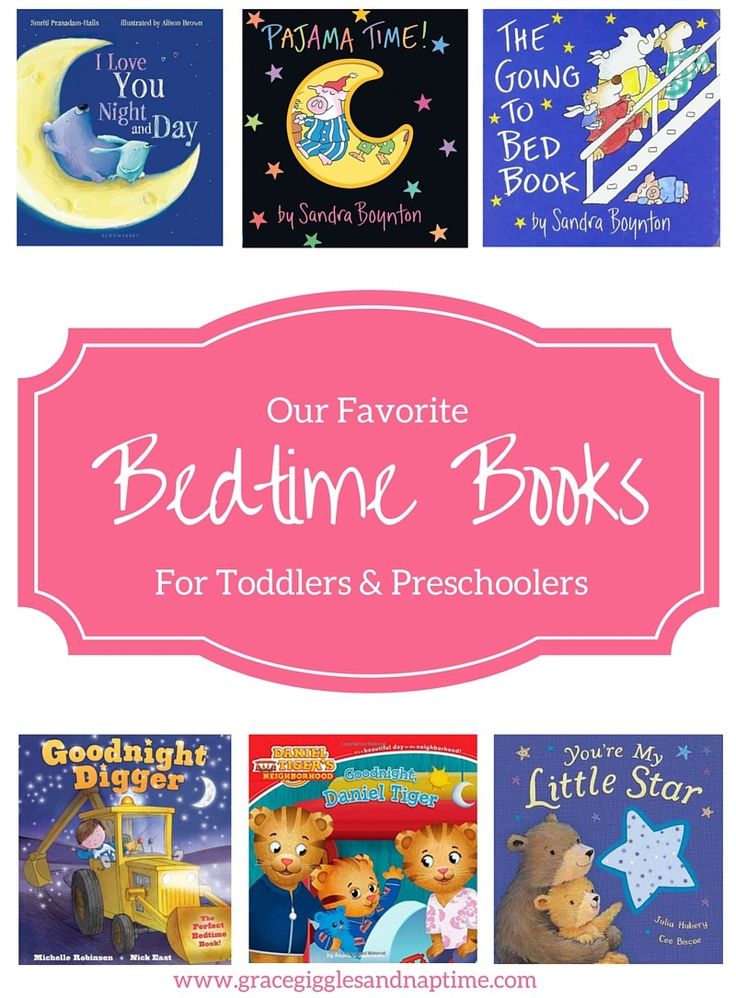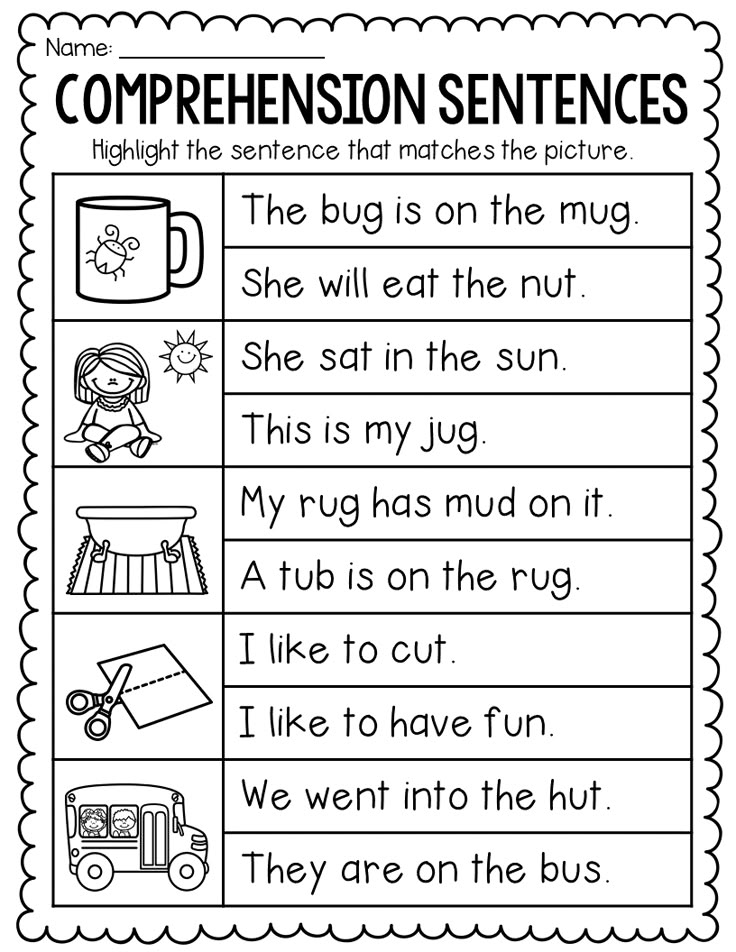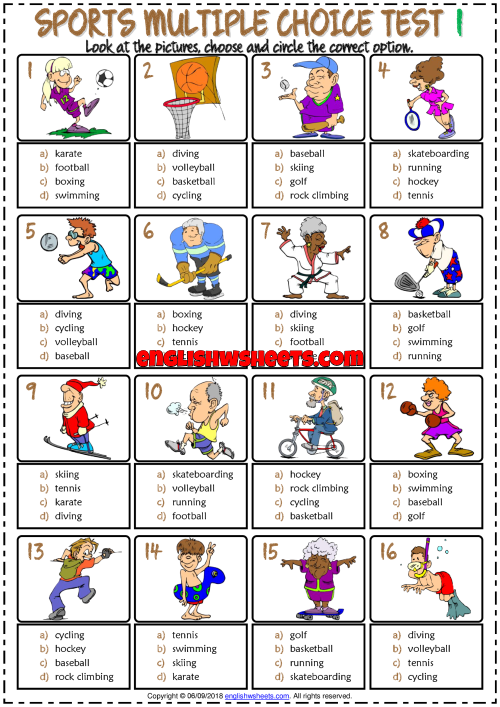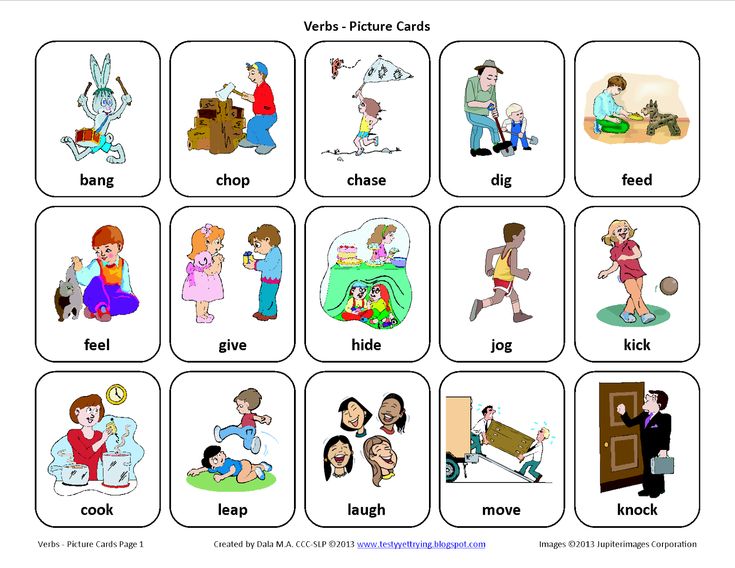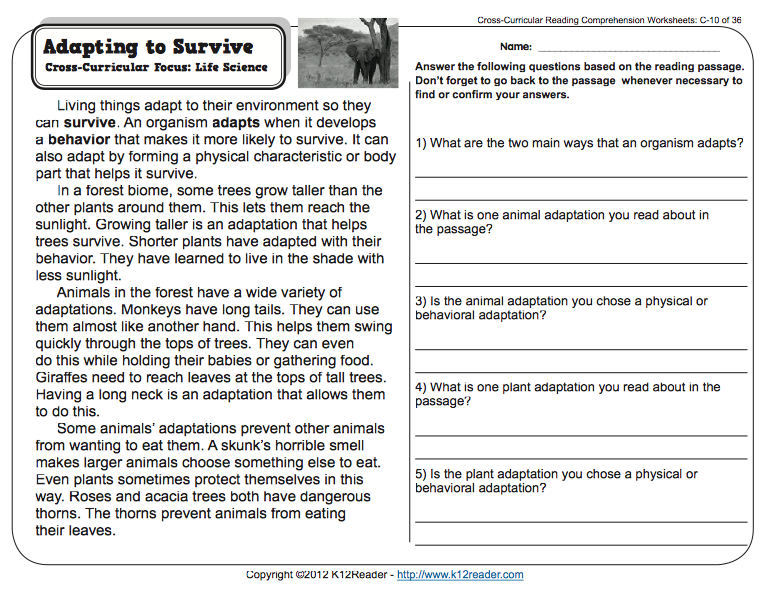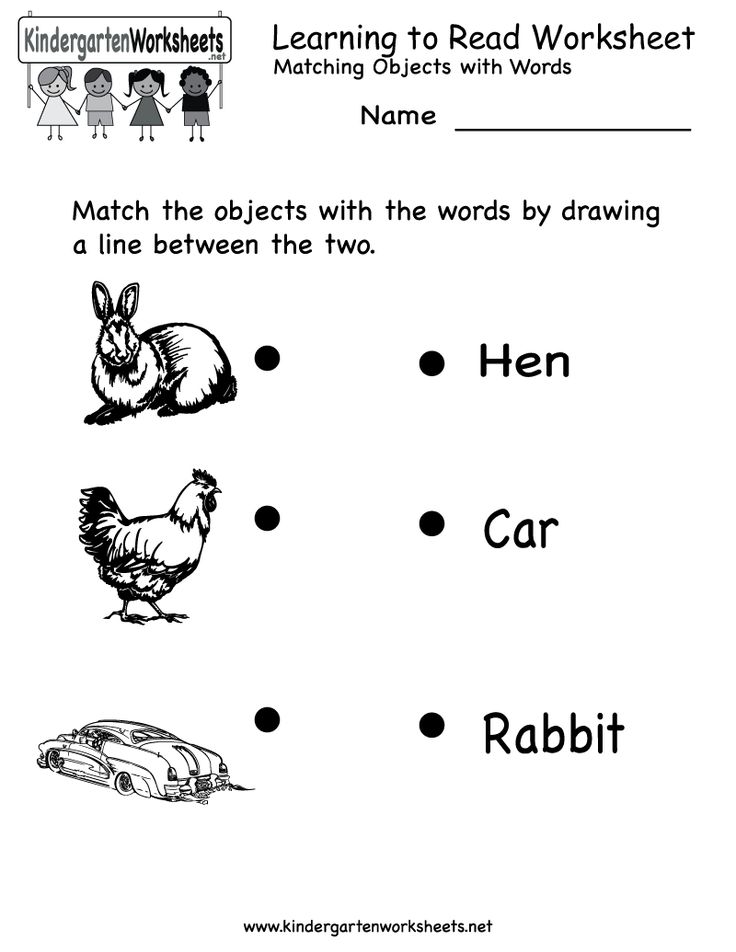Spelling for beginners
The Basic Spelling Vocabulary List
By: Steve Graham, Karen R. Harris, Connie Loynachan
This list was created to help teachers know which spelling words should be taught to kids in grades 1–5. The list contains 850 words that account for 80 percent of the words children use in their writing — the ones they need to be able to spell correctly.
This list was devised to help educators know which spelling words should be taught to children. The list contains 850 words that account for 80 percent of the words children use in their writing — the ones they need to be able to spell correctly.
Mastering this relatively small corpus of words yields a high rate of return. For example, the most common 1,000 words are used 13 times more frequently than the next most common 1,000 words. It also provides teachers flexibility in planning spelling instruction, providing an opportunity to give children the "basics" while supplementing with other spelling words germane to classroom activities.
Grade level for each word was determined based upon difficulty, pattern of occurrence in children's writing across grades, and grade placement on current vocabulary lists and spelling materials.
Words that children have difficulty spelling correctly are marked with an asterisk.
Grade 1 | |||
|---|---|---|---|
| a | fat | like* | sat
|
Back to Top
Grade 2 | |||
|---|---|---|---|
| about* | father* | lives | set |
Back to Top
Grade 3 | |||
|---|---|---|---|
| able | even | mind | spelling |
Back to Top
Grade 4 | |||
|---|---|---|---|
| across | during | mountain | sure* |
Back to Top
Grade 5 | |||
|---|---|---|---|
| although | different* | planet | suddenly
|
Back to Top
Graham, S.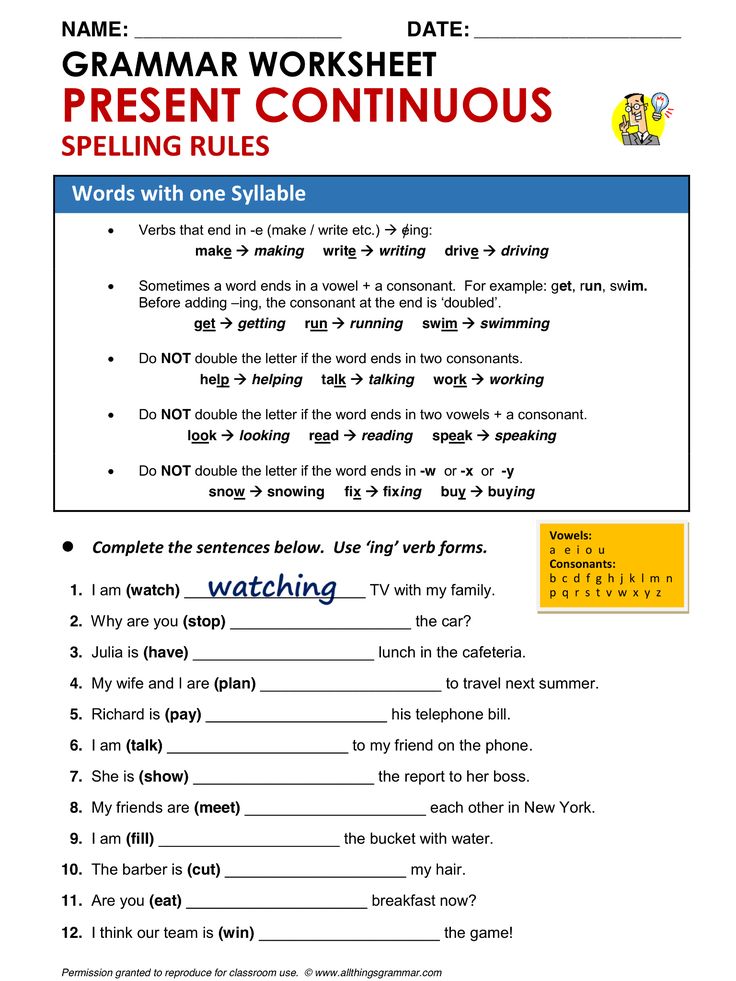 , Harris, K.R. and Loynachan, C. (1993). The Basic Spelling Vocabulary List. Journal of Educational Research 86(6) 363-368.
, Harris, K.R. and Loynachan, C. (1993). The Basic Spelling Vocabulary List. Journal of Educational Research 86(6) 363-368.
Reprints
You are welcome to print copies for non-commercial use, or a limited number for educational purposes, as long as credit is given to Reading Rockets and the author(s). For commercial use, please contact the author or publisher listed.
Related Topics
Early Literacy Development
Spelling and Word Study
Vocabulary
Writing
New and Popular
Cracking the Code: How and Why Big Horn Elementary School Went All-In with Structured Literacy
Print-to-Speech and Speech-to-Print: Mapping Early Literacy
100 Children’s Authors and Illustrators Everyone Should Know
A New Model for Teaching High-Frequency Words
7 Great Ways to Encourage Your Child's Writing
Screening, Diagnosing, and Progress Monitoring for Fluency: The Details
Phonemic Activities for the Preschool or Elementary Classroom
Our Literacy Blogs
How Do You Know If It Really Is the Science of Reading?
Kids and educational media
Meet Ali Kamanda and Jorge Redmond, authors of Black Boy, Black Boy: Celebrating the Power of You
Get Widget |
Subscribe
How to teach spelling words so they stick
Most children begin to learn English spelling words and spelling rules in the first and second grades, at the same time as they are learning how to read and write.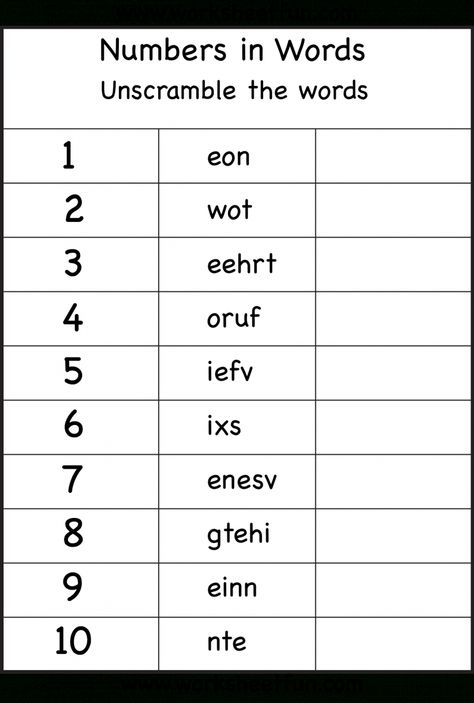 And while being able to spell is not necessarily a reflection of a child’s intelligence, it’s a skill that is important to master.
And while being able to spell is not necessarily a reflection of a child’s intelligence, it’s a skill that is important to master.
That’s because poor spelling habits will follow a student as they move into higher grades and their vocabulary grows. Misspelled words are distracting for teachers who are correcting assignments and can be embarrassing for adults who still make mistakes in professional communication.
More importantly, problems with spelling can alert teachers and parents to the presence of an un-diagnosed learning difficulty, such as dyslexia.
In a language in which there can be multiple ways to represent the same sound in writing, knowing the correct way to spell a word is not always evident.
There are some general patterns in English that have enabled educators to write lists of rules. However, there are also exceptions to these rules and plenty of notoriously hard to spell words.
Adult learners who did not master spelling at a young age will have fossilized errors they need to unlearn.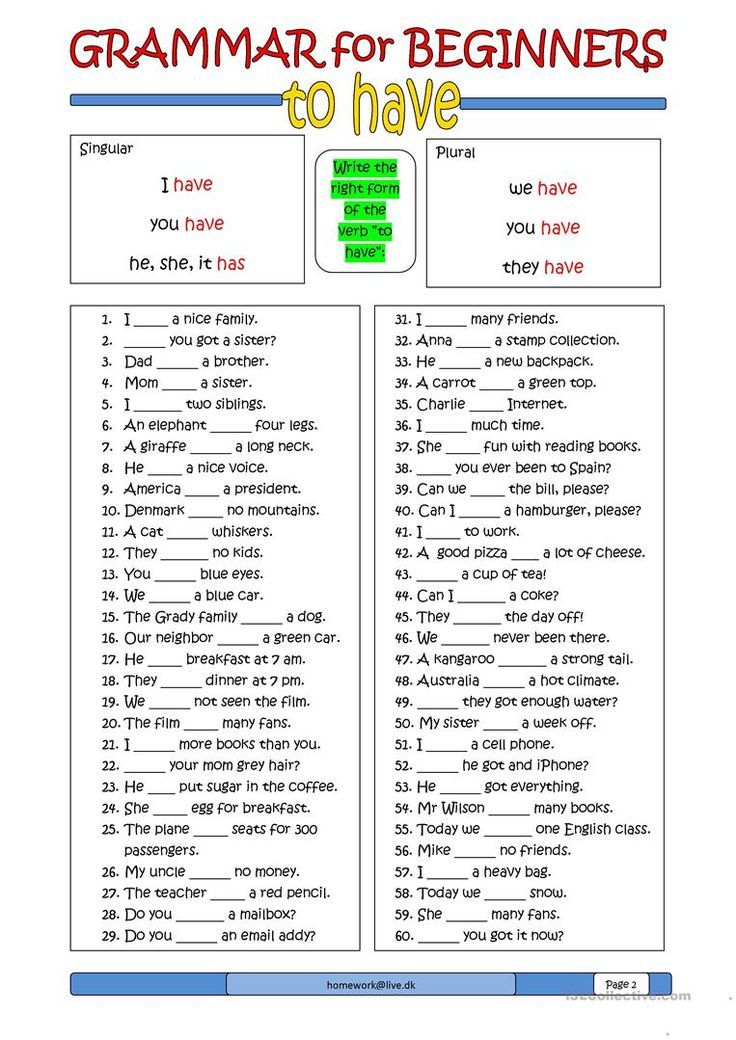 ELL students also have the differences between British and American spelling to contend with.
ELL students also have the differences between British and American spelling to contend with.
For educators charged with introducing spelling words, explaining the rules, motivating learners and correcting a child’s early written work, teaching spelling may prove challenging. But with fun teaching strategies in place, spelling instruction is less tedious and can even be enjoyable, particularly when learners excel to the point of participating in whole school competitions and regional spelling bees.
How do kids learn spelling?
Kids learn how to spell in the first and second grades. Most early spelling words need to be memorized. This is particularly true of high frequency service words. Teachers will often group them in sets and provide weekly quizzes.
Rules will be explained and terms that follow the same rule may be taught together, to help learners recognize patterns. As students become stronger readers, they encounter familiar words more often. This helps them with spelling.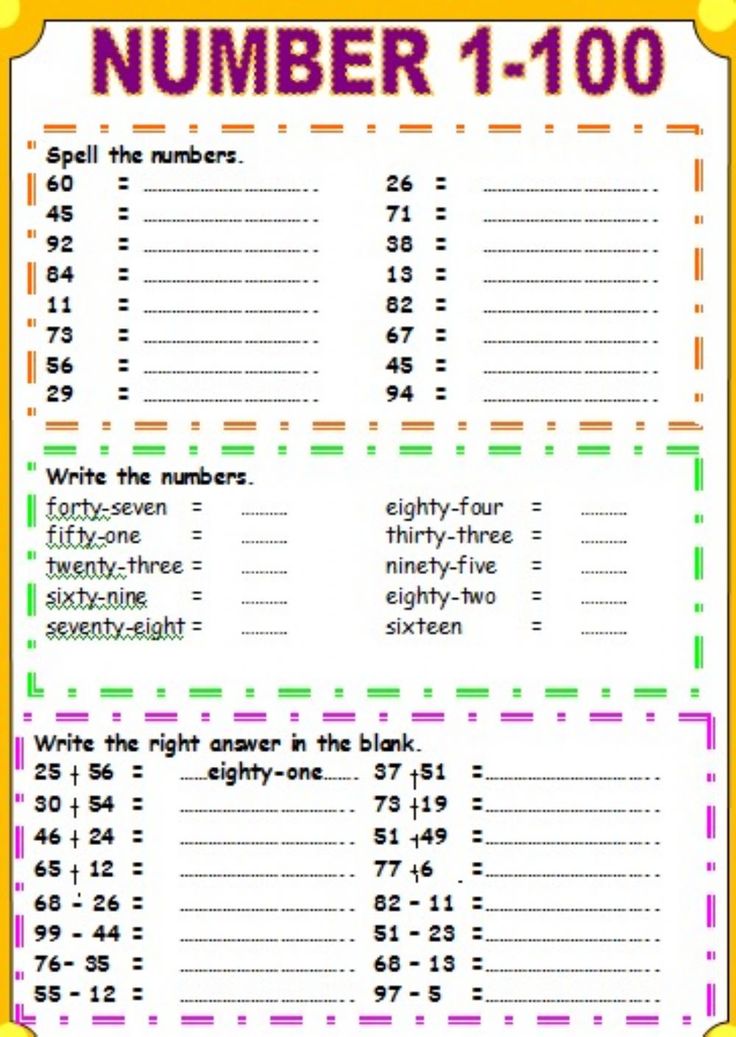
The more students use their words in writing activities, the greater the chances they will learn them by using the correct form, referencing it or making a mistake which they must later correct.
Sound-letter mapping
Children spend the first few years of life learning how to speak their native language. They acquire a certain amount of words in their vocabulary and then begin learning the alphabet and phonics.
In this way, they can identify the sounds words contain and match them to letters and letter combinations. These are essential pre-literacy skills that every child needs in order to start reading and writing.
As spelling involves sound-letter mapping, some words can be spelled by ear.
However, this requires learners to be able to hear every sound the word contains. Not everyone can do this. Children who have a hearing impairment, which often occurs in kids with Down syndrome, may struggle with spelling because they simply cannot pick out all of the sounds in a word.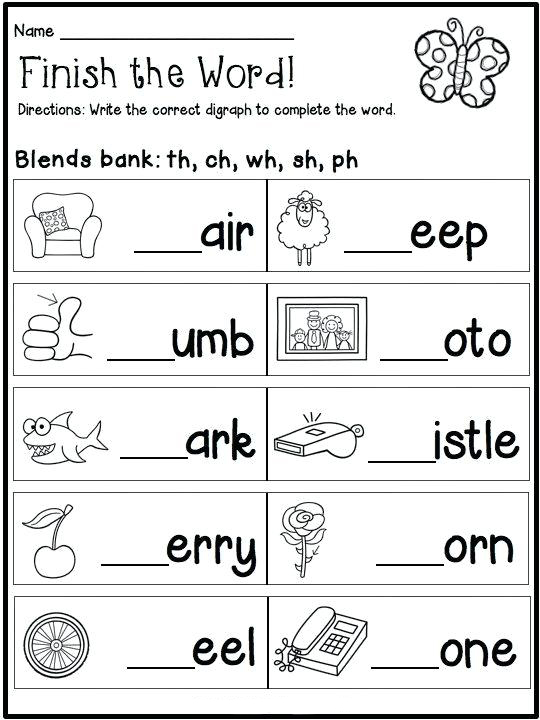
Identifying phonemes is also a particular challenge for children with dyslexia.
Dolch words
Many early spelling words come from the Dolch list, a selection of terms that make up 50-75% of all of the text in children’s books and school materials.
Also called Sight Words, learning to recognize and spell these words makes it easier for kids to focus on harder and less frequent terms in reading and writing activities. Made up of prepositions, verbs, adverbs, adjectives and conjunctions, there is an additional list of common nouns that teachers may choose to introduce. Learn more about teaching Sight Words in this article.
Tips for teaching spelling
Let them get creativeBreak out the construction paper and markers. Alternatively, have students cut out letters from magazines and make a ransom note style collage of words. Learners might even create posters containing different illustrations of the words on their list. The more cognitive attention given to the task and the more fun they have, the more likely a word will be remembered.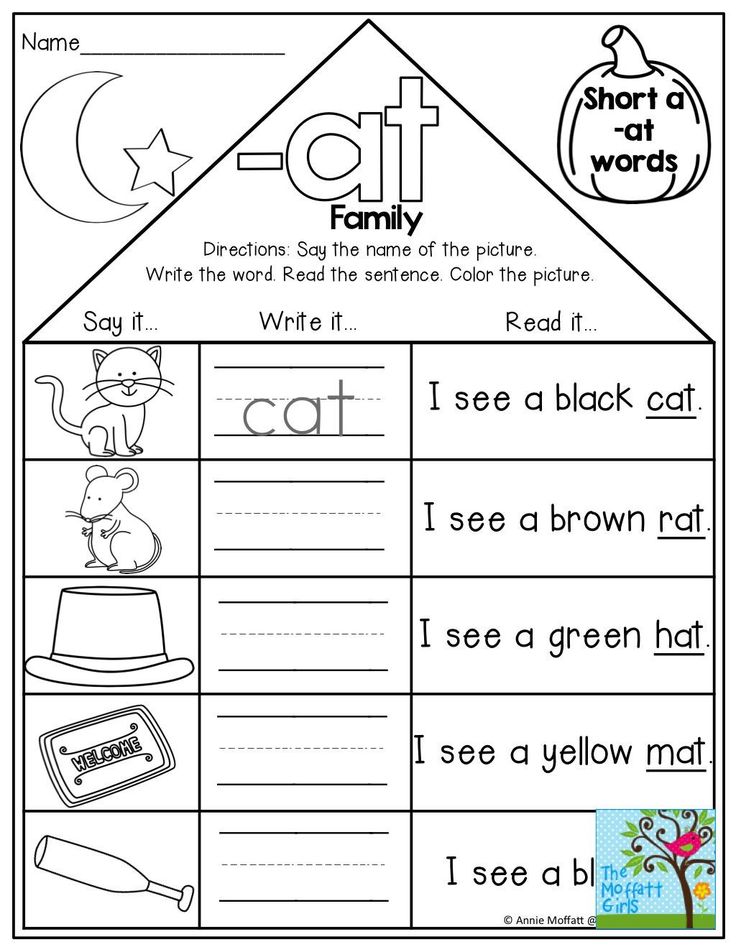
Rote practice and memorization may be boring but they can do the trick when it comes to focus on form. Having students copy a word multiple times helps. However, if a student struggles with handwriting, such as in dyspraxia and dysgraphia, it may be better to have them type the words on a computer.
Encourage readingThe more learners see a word spelled correctly, the easier it is for them to transfer knowledge of form into long-term memory. Find stories that contain repeat examples of the words on your spelling list. You might even write up a worksheet and have kids underline or star the terms they recognize.
Spell the word out loudSay words out loud and spell them out loud too. This encourages students to do the same. When kids spell out loud it helps them internalize the correct order of the letters using their ears as well as their eyes. This is also a good strategy for children who struggle with learning difficulties and helps in preparation for competitions like spelling bees.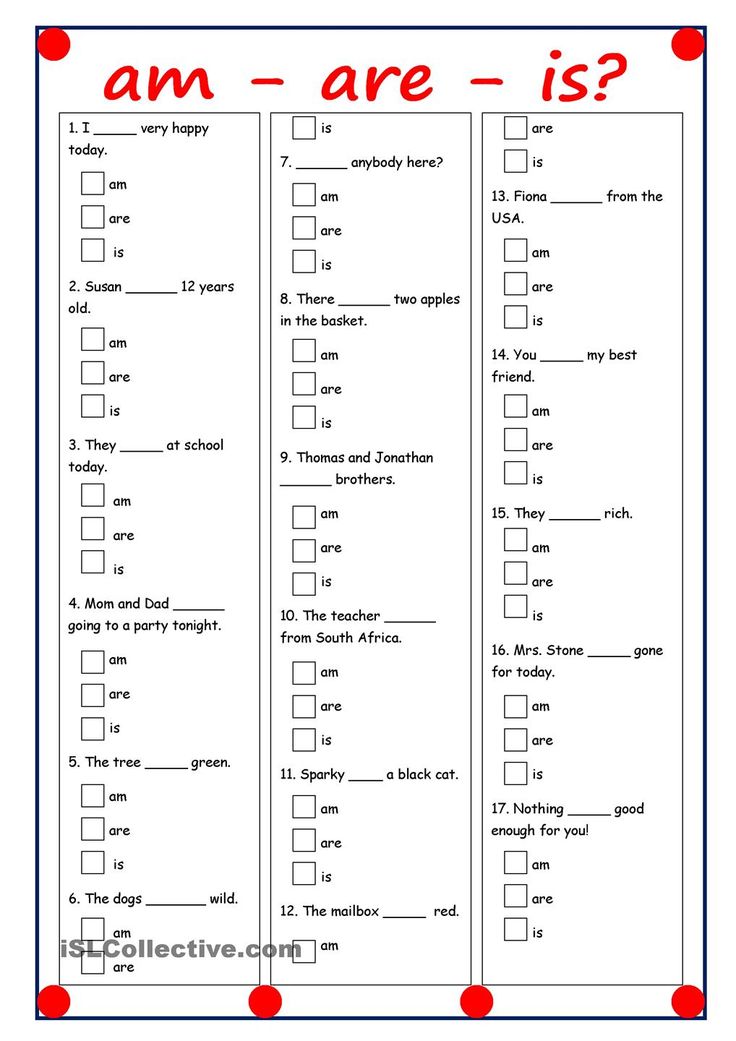
Put up as much print as you can manage in the classroom. Words that are in a child’s environment will be received as passive input, which over time will transfer to active knowledge.
Play games to practiceCrossword puzzles and worksheets are great for homework or quiet activities but getting the whole class involved in games such as hang-man, is even better. Why? Because students will be motivated to spell the word correctly in order to win. Delivering answers will also necessitate both written and spoken responses. Some games will also give them a chance to evaluate their fellow students’ responses and correct any misspelled words.
Teach typingA great way to practice spelling is through a typing course. Students type and spell words over and over until they learn which letters keys represent, and how to reach for them in sequence. Typing gives students a chance to revise words they’ve already learned and learn the spelling of new words.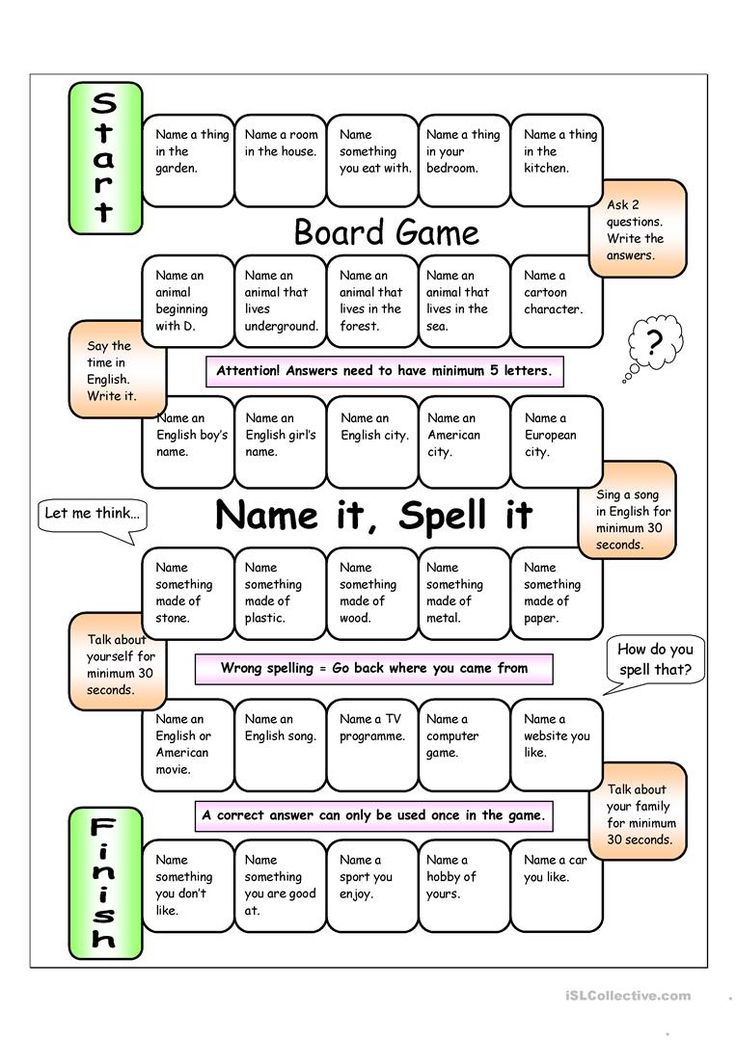 They do this with the help of muscle memory in the fingers.
They do this with the help of muscle memory in the fingers.
A multi-sensory approach like Touch-type Read and Spell's will also help with grapheme-phoneme mapping and strengthen reading skills.
Explain mnemonicsSome hard to spell words can be made easier for students if they use a mnemonic device to remember the spelling. This may entail inventing an anecdote where characters in the story stand for the letters in a word. A student may also want to use images that correspond to letters, to help them remember the spelling.
Knowing how to recognize dyslexia
It is crucial to catch learning difficulties early on to prevent a child from falling behind his or her peers and help kids reach their full potential in the classroom. Students with dyslexia may have a hard time spelling words their classmates find easy.
They may reverse letters in handwriting activities or spell a word correctly one day and incorrectly the next. While spelling is impacted, dyslexia can also have serious implications for reading.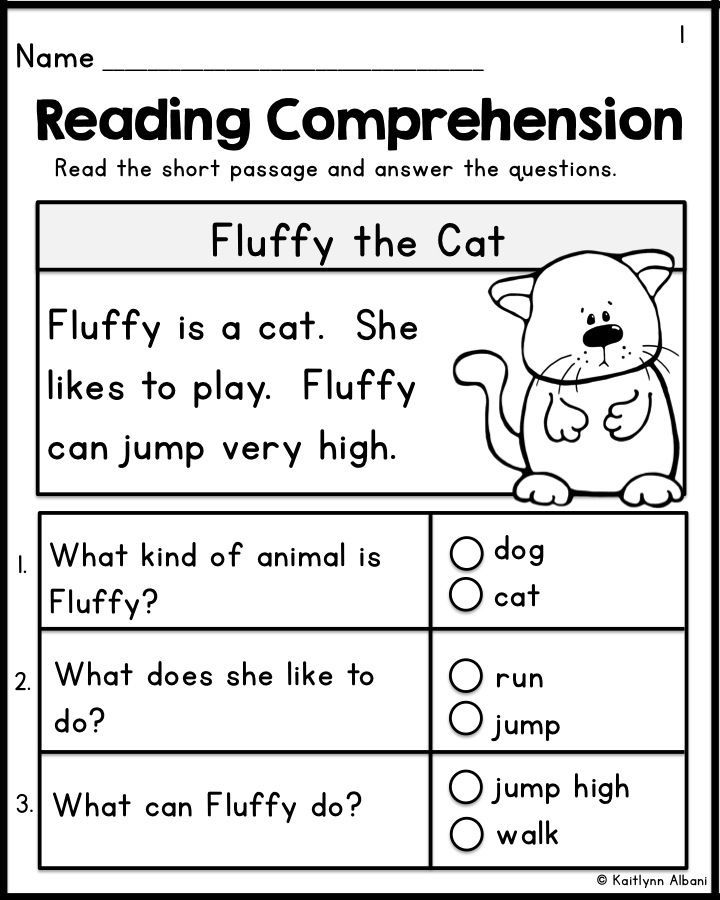 Learn more about spelling strategies for dyslexic students in this article.
Learn more about spelling strategies for dyslexic students in this article.
Students who struggle with spelling
Having excellent spelling skills doesn’t necessarily mean a child is smarter than other kids. Nonetheless, learning good spelling habits from the start is important.
For students who struggle with spelling, working through a typing course can be just the ticket to improving their skills and gaining more self-confidence and motivation along the way. That’s because students can practice their typing in and outside of the classroom. Moreover, typing is thought of as more of a computer skill, which is less embarassing than needing extra help for spelling.
A modular course, like TTRS, is made up of individual units that students can repeat until they have learned the material. This gives learners the chance to overlearn spelling, which may be exactly what they need. They can also learn at a pace that is just right for them. Learn more about teaching kids to type and give TTRS a try today!
Learn more
If you like this article, you may also be interested in: 3 Causes of spelling difficulties, How to help with spelling, and Developing strong spelling skills
Do you have any creative tips on teaching spelling words? Join the discussion in the comments!
For teachers
TTRS is a program designed to support educators in teaching students touch-typing, with additional emphasis on reading and spelling.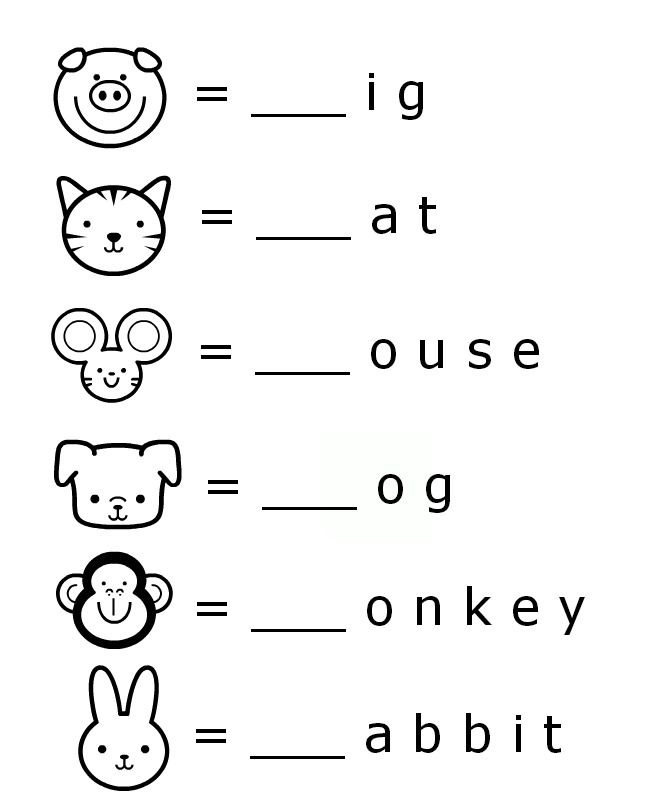
Spelling j - i | Polish language. Polish language tutorial for beginners from scratch
The sound [j] can be denoted by the letters j and i . Letter J is written:
"is";
b) after vowels, for example: nadzieja "hope", zając "hare", moja "mine", pije "drinks";
c) after consonants C, Z, S , for example: stacja “Station”, Operacja “Operation”, Rosja “Russia”, Poeezja “Poetry”, 9000 DYGRESJAA "excursion";
d) after prefixes nad-, ob-, od-, pod-, przed-, w-, zd- , for example: nadjechać “drive up”, OBJąć “Hug”, OBJęTOQ “Volume”, ODJECHAHACH “drive”, WJAZD “Entrance”, zdjąć “Remove”, zdjęcie “The picture”.
The letter i to denote the sound [j] is written before vowels after consonants (except c, z, s ), for example:
- kopia -9 copy
- utopia - utopia
- premiere - premiere
- chemia - chemistry
- premia - premium
- fiolek - violet
- fiasco - fiasco
- miniatura - miniature
- line - line
- mania - mania
- dialog - dialog
- dieta - diet
- radio - radio
- studiować - study
- sympatia - sympathy
- bariera - barrier
- materia
- liana - liana
- felieton - felieton
- lilia - lily
- ażiotaż - excitement
- legion - legion
- kiosk - kiosk
- hiacynt - hyacinth
- monarchia - monarchy
- theory - theory
Read more
| ← Spelling ch - h | Spelling gie - ge → |
Spelling u - ó | Polish language.
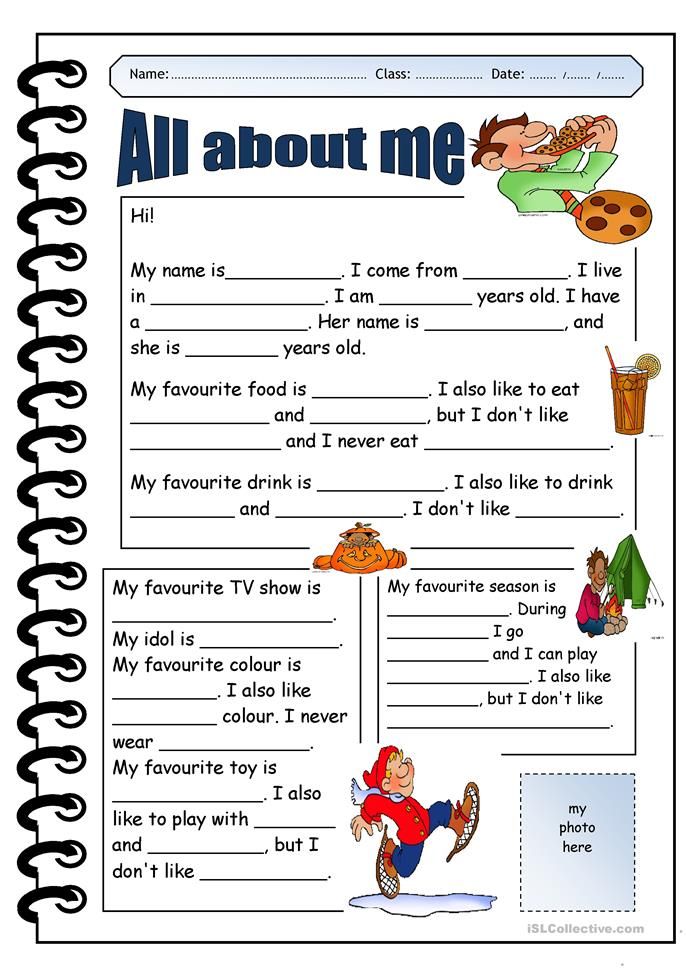 Self-taught Polish for beginners from scratch
Self-taught Polish for beginners from scratch The letters u and ó represent the same sound [u]. Their writing can be explained by the peculiarities of the historical development of the Polish language. The letter u denotes the original sound [u], while the letter ó denotes the sound that originated from the vowel [o] (in other Slavic languages, for example, in Russian, [o] is preserved). Specific rules for writing 9 are based on this pattern.0003 U - b) ó we write when in similar-sounding words in East Slavic languages (Russian, Belarusian or Ukrainian) this letter corresponds to o or 6
o] is not observed in Polish, for example:
- chór - choir
- miód - honey
- mountain - mountain
- kłócić - pound
- król - king
- short - short
- mózg - brain
- płótno - canvas
- póki - bye
- póty - until then
- późno - late
- sample - sample
- prócz - except
- równy - smooth
- różny - various
- stróż - caretaker
- tchórz - ferret
- rose - rose
- włóczyć - drag
- włókno - fiber
- wróbel - sparrow
- wróżba - divination
- źródło - product
- yellow - yellow
Exception: ogórek - cucumber.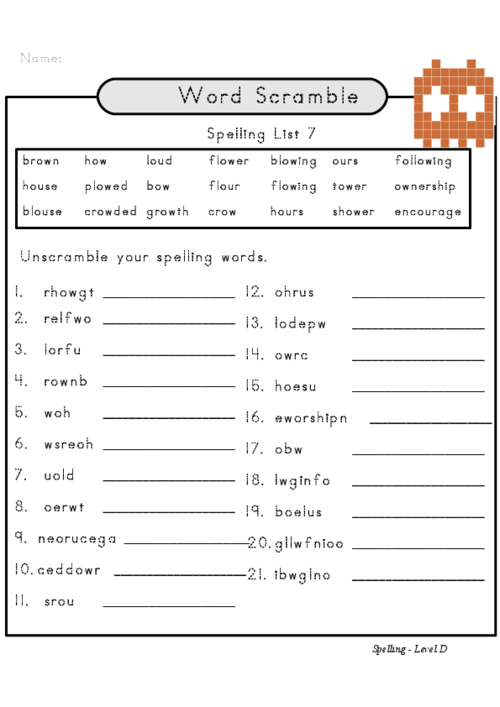

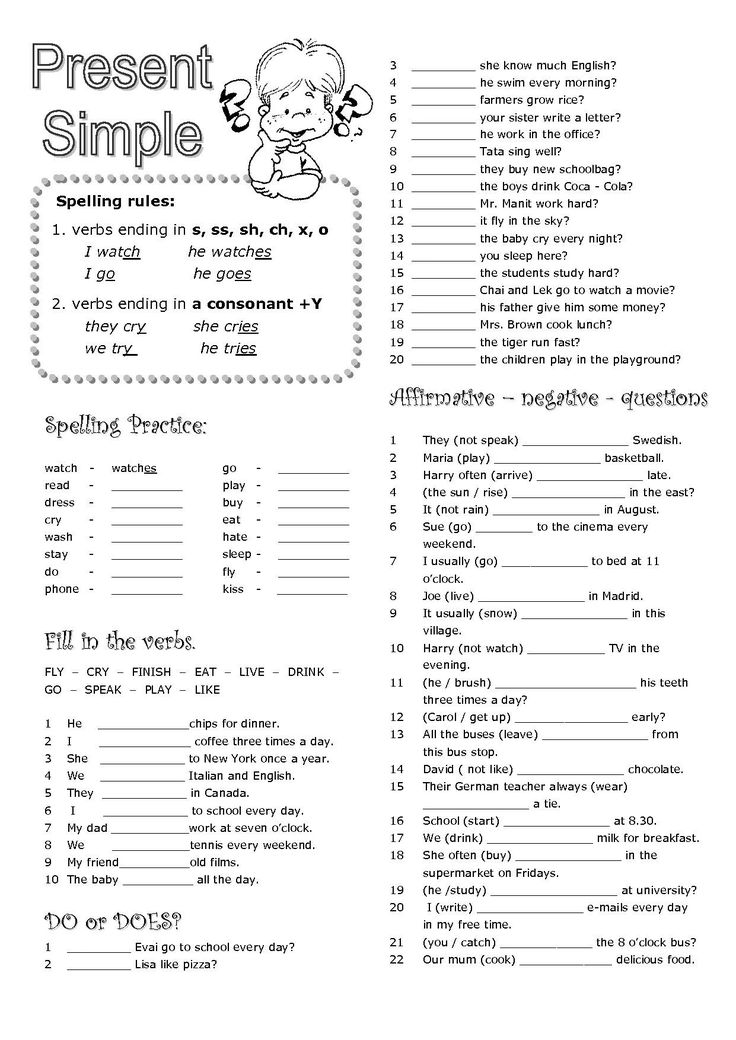 *
*